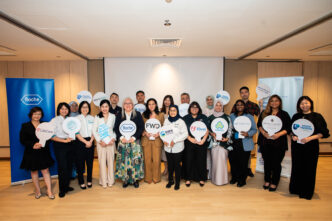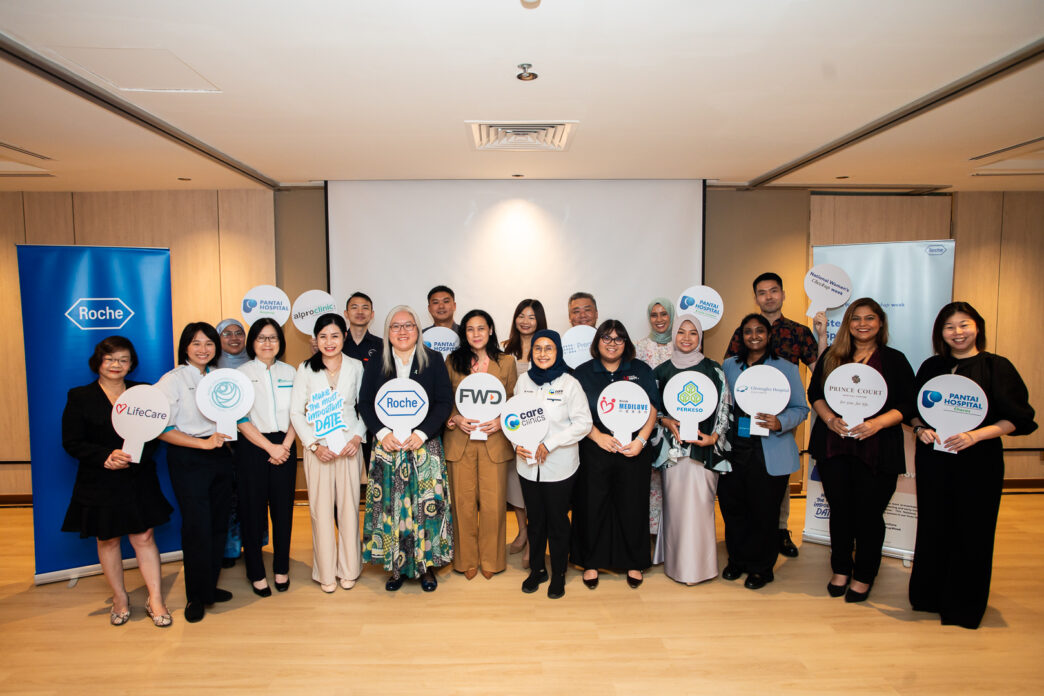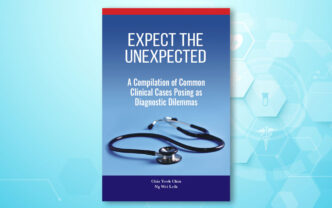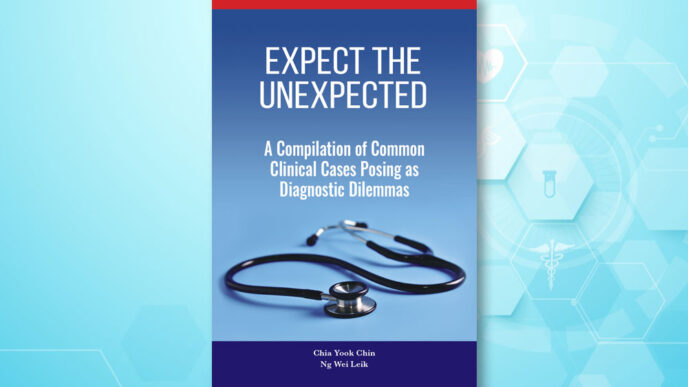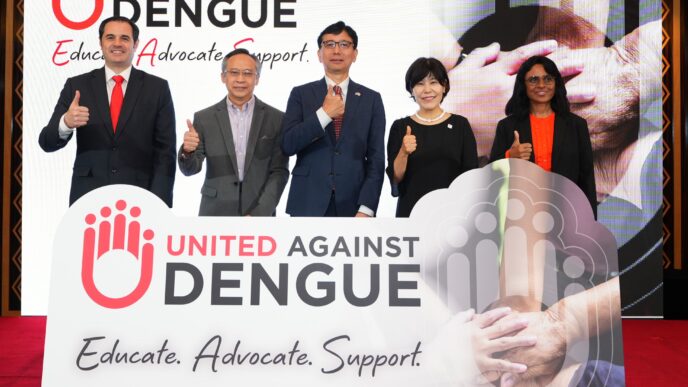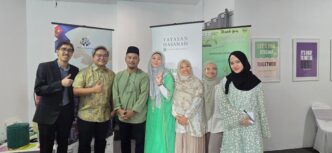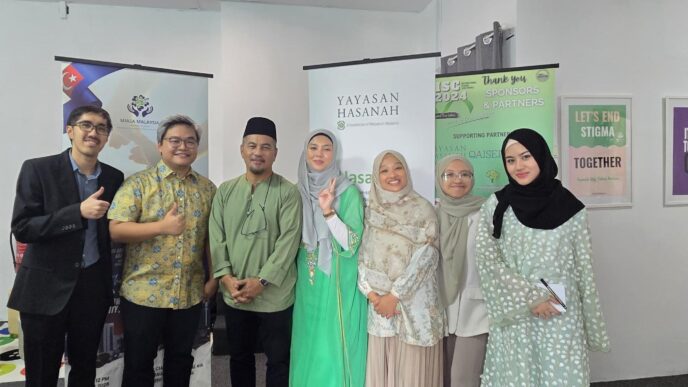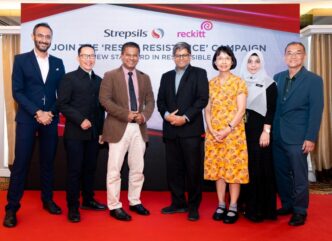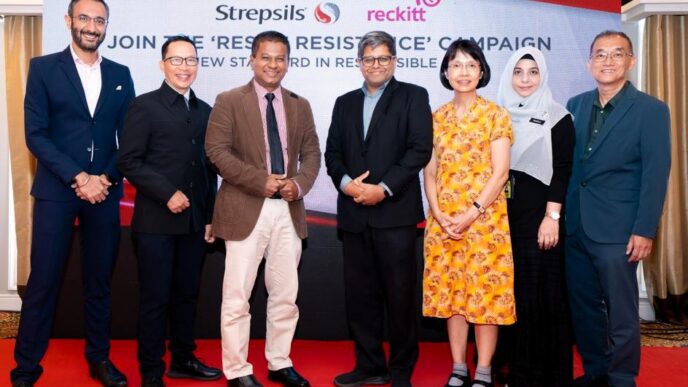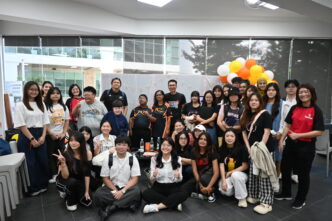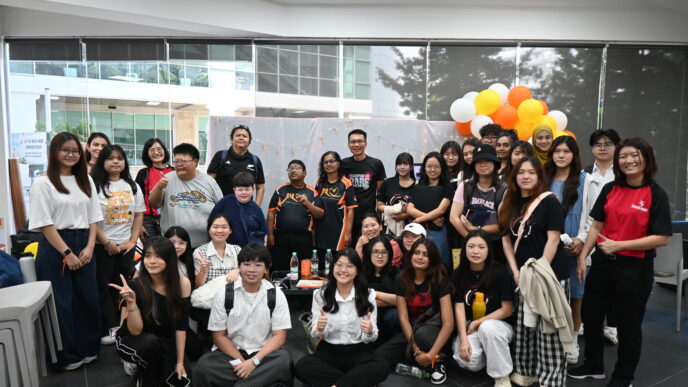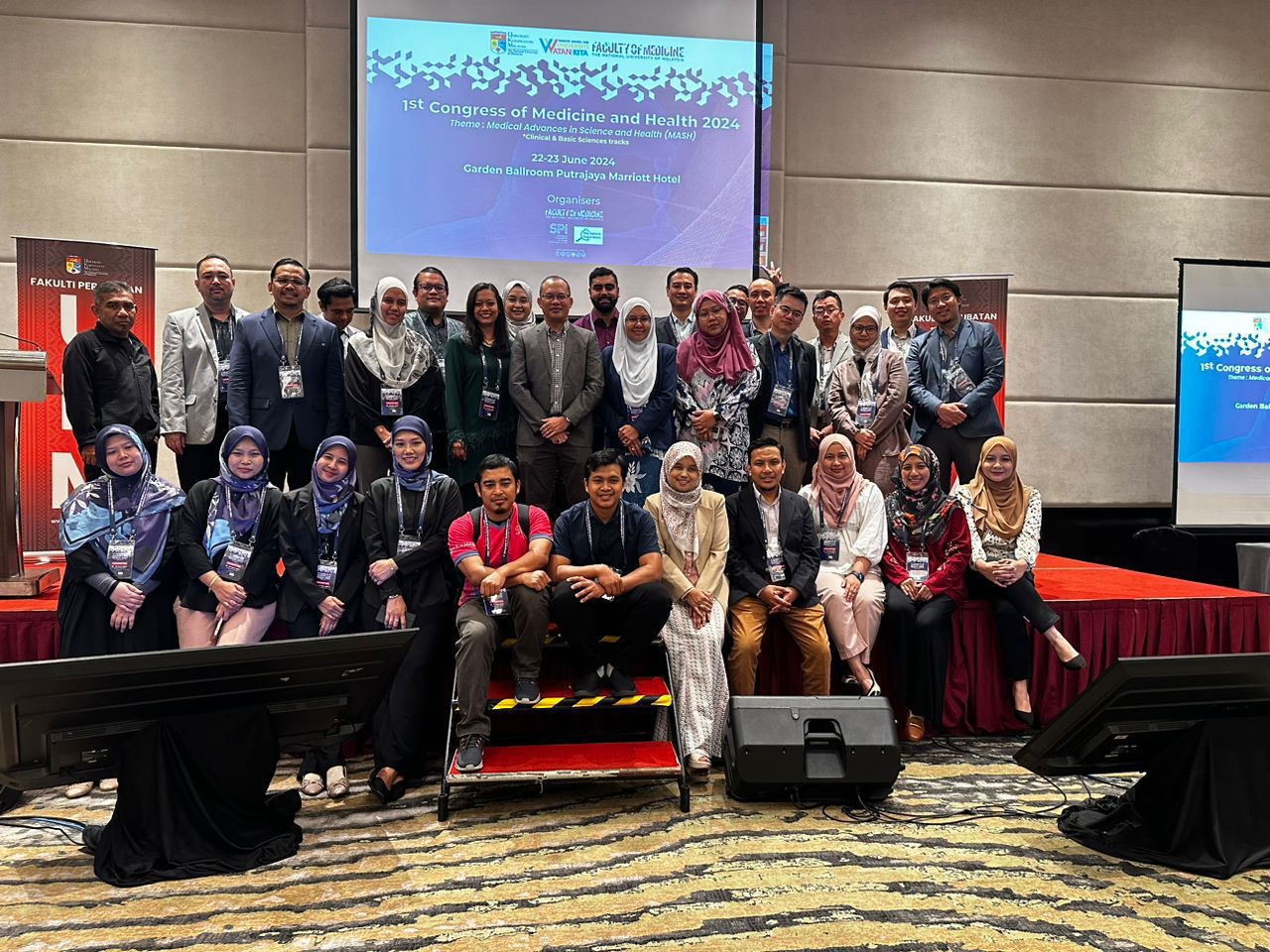Cervical cancer is one of the few cancers that is almost entirely preventable, yet hundreds of Malaysian women lose their lives to it every year. Find out how the 2025 National Women’s Checkup Week is breaking barriers, tackling stigma, and bringing screening to more women.
WORDS LIM TECK CHOON
Every year, hundreds of Malaysian women lose their lives to cervical cancer, a tragedy made even more devastating because it is highly preventable through vaccination and early detection.
Despite medical advances, many cases are still caught at late stages, often due to lingering stigma, low awareness, and limited access to routine screening.
Determined to change this, Roche Diagnostics Malaysia has officially launched National Women’s Checkup Week (NWCW) 2025, a bold, nationwide initiative aimed at raising awareness and increasing access to cervical cancer screening services.
The campaign was unveiled at Hilton Petaling Jaya on 22 May 2025, bringing together healthcare leaders, community advocates, and the public in a unified effort to save lives through early intervention.
NOW IS THE TIME TO ACT
Few people realise that human papillomavirus (HPV), the virus responsible for nearly all cervical cancer cases, can be detected and treated early, long before it poses a serious threat.
This year’s rallying call, #ShowUpForHerHealth, encourages all Malaysians to help make cervical health a national priority.
The campaign urges everyone — women, families, healthcare providers, employers, and policymakers — to break the silence surrounding women’s health and ensure regular screenings become the norm.
“Cervical cancer is one of the few cancers that is not only preventable but also highly treatable when caught early,” said Heng Chai Yin, General Manager of Roche Diagnostics Malaysia. “Our mission goes beyond diagnostics. It is about ensuring no woman is left behind, no matter her background or circumstances.”
INNOVATIVE TOOLS TO EMPOWER WOMEN
One of the campaign’s standout features is the introduction of HPV self-sampling kits, a discreet, convenient option that allows women to collect their own samples, whether at home, in clinics, or at hospitals.
These self-sampling kits are designed to overcome common barriers like embarrassment, time constraints, and lack of access to healthcare facilities — especially in underserved areas.
“Early detection is key to survival,” noted Dr Teo Ik Hui, a consultant obstetrician and gynaecologist. “With tools like self-sampling kits, we can reach women who might otherwise miss out on timely screenings. It is about giving women control over their health.”
BUILDING A CULTURE OF PREVENTION
Healthcare experts also emphasize the importance of integrating cervical health conversations into everyday healthcare settings, particularly at primary care clinics.
“Primary care providers have a crucial role in empowering women to prioritize preventive care,” said Dr Beatrice Jee Ngee Ling, a family medicine specialist. “Normalizing conversations about cervical health during routine checkups helps make screening a natural, expected part of women’s healthcare.”
COMMUNITY-LED SOLUTIONS FOR GREATER REACH
Working alongside the Ministry of Health (MOH) guidelines for primary HPV screening, community-led organisations and healthcare providers are expanding both self-sampling and clinician-collected screening services.
“For women in rural or conservative communities, self-sampling could be a lifesaver,” said Dr Khoo Su Pei, Programme Director at ROSE Foundation. “It removes obstacles and gives women a discreet, effective option to safeguard their health.”
COLLECTIVE ACTION THROUGH STRATEGIC PARTNERSHIPS
Roche Diagnostics Malaysia is collaborating with a wide network of healthcare providers and corporate partners — from Alpro Clinics and Pantai Hospitals to FWD — to extend screening services via workplace wellness programmes, CSR initiatives, and community outreach.
In a show of solidarity, FWD Malaysia has contributed RM30,000 to support ROSE Foundation’s mission to eliminate cervical cancer in Malaysia. The foundation’s flagship programme, Program ROSE (Removing Obstacles to cervical ScrEening), continues to empower women with education and accessible screening options.
MEN, YOU HAVE A ROLE TOO
The campaign also reminds men to actively support the women in their lives by encouraging them to get screened and fostering open, stigma-free conversations about cervical health.
Visit the National Women’s Checkup Week website (link opens in a new tab) to:
|
| This article is part of our series on health-related campaigns and milestone events of note in Malaysia. |

